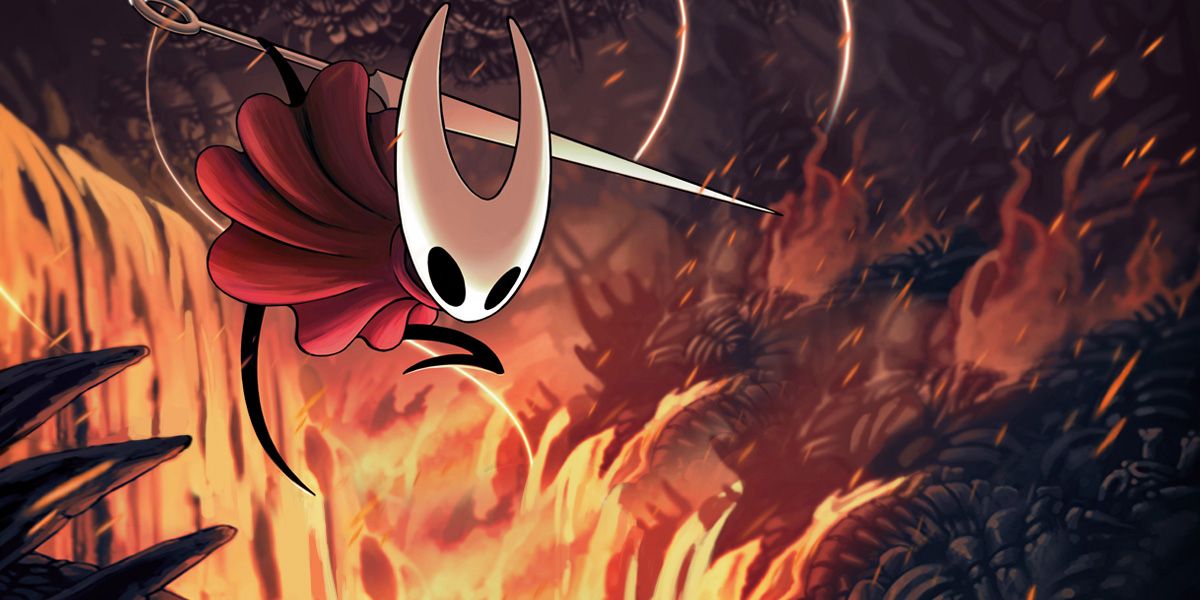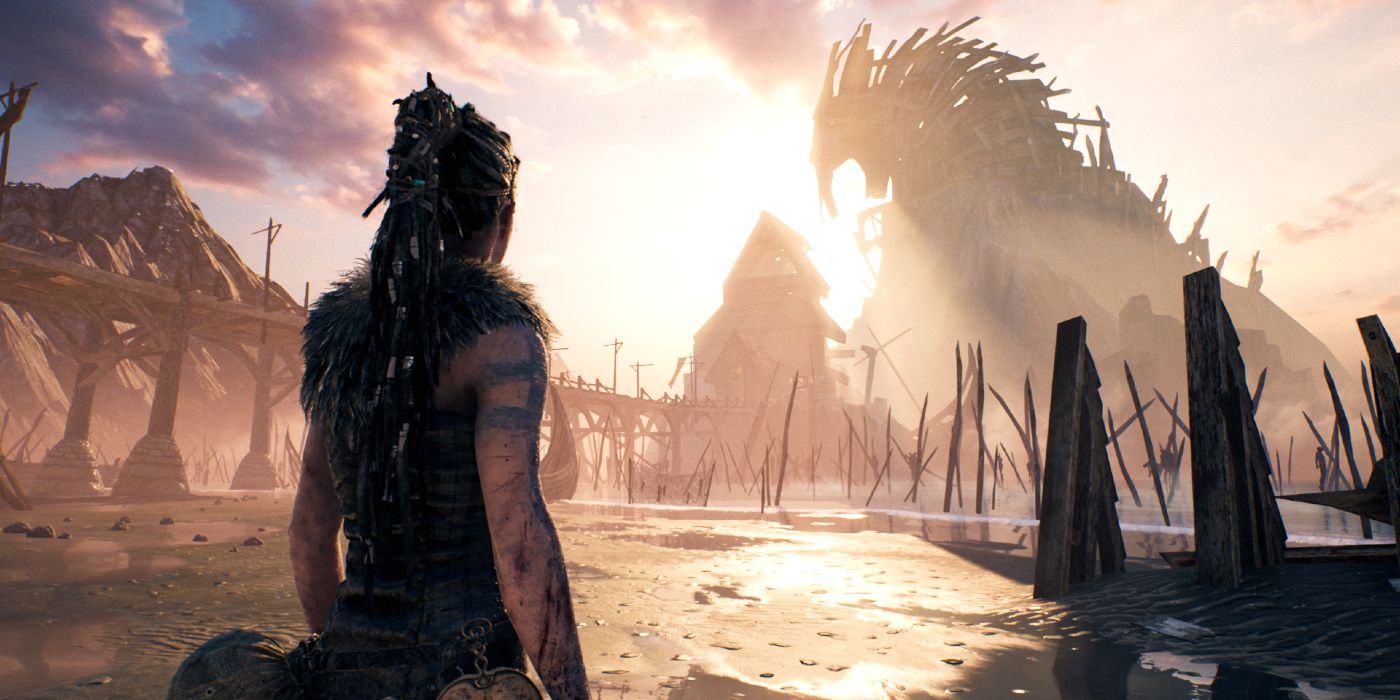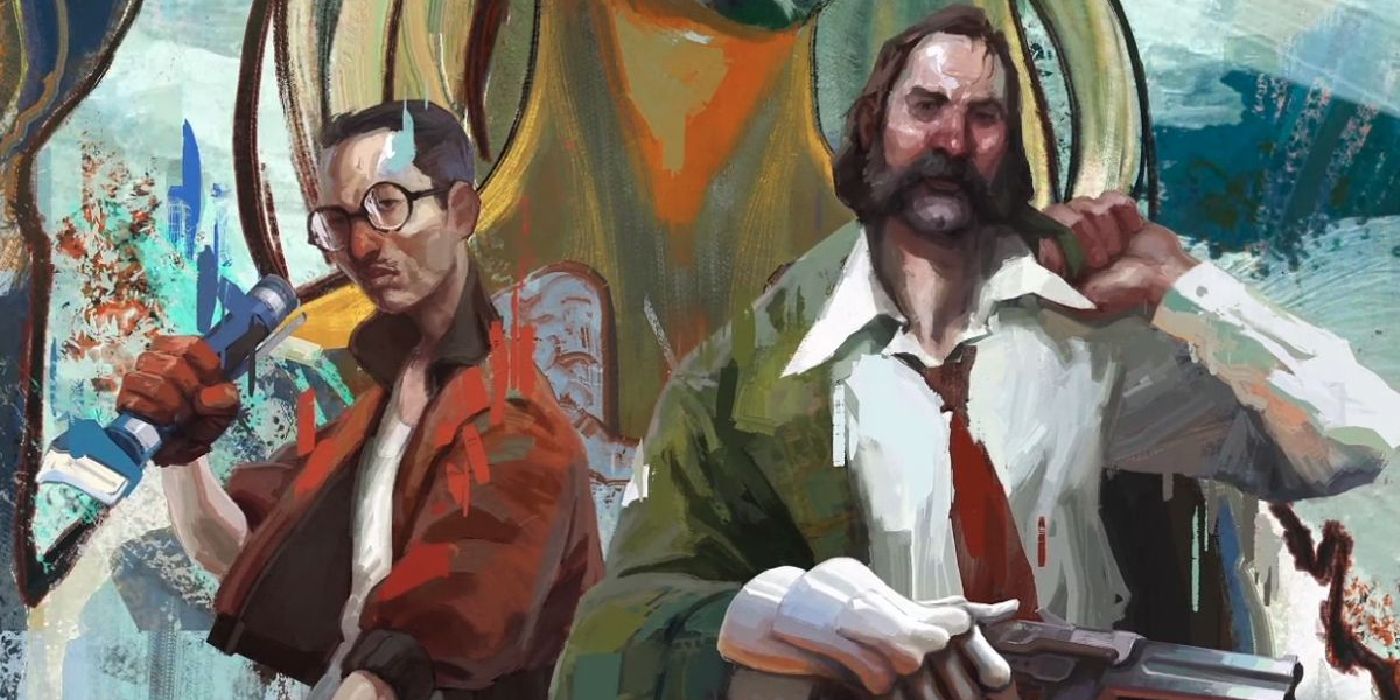In the midst of the ongoing COVID-19 pandemic, major game studios have either been forced to work remotely or halt production. While this results in delays for blockbuster titles such as The Last of Us Part II, this means that indie games will have to fill this void. These games are typically created by individuals or smaller teams that don't have financial backing from a famous publisher company. This lack of financial backing poses a serious problem for indie developers and often forces them to rely on crowdfunding.
However, what indie developers lack in finances, they more than make up in creativity and flexibility. Indie developers and studios don't need to worry about outside interference and can take more risks with storylines and gameplay. Think of hit titles such as Hellblade: Senua's Sacrifice and Outlast. Though AAA games usually dominate the industry through their established reputations and backers, the pandemic has entirely altered the playing field, meaning that indie games will be the driving force propelling the industry forward in 2020.
Major studios, like all other non-essential businesses, have been forced to shut down in he midst of the pandemic. This has hampered development as, while developers can often work remotely, it's incredibly difficult to coordinate entire teams virtually. Developers don't have access to the same resources they normal would, and with thousands of assets in play, it can be a challenge to ensure everyone has what they need. Plus, things like motion-capture become completely impossible without the equipment and actors needed to pull it off. Additionally, many video game assets are outsourced to China and, while China is starting to recover from the pandemic, the country still isn't at full capacity.
Even if the games are finished by the original deadline, creating and distributing physical copies is another issue AAA-games have to contend with. For one, stores like GameStop are closed. On top of that, ensuring physical copies are delivered on time is near impossible, as the shipping and delivery industries are strained by people ordering essential goods.
When delaying The Last of Us Part II, Sony said that it knew it wouldn't be able to provide "the launch experience our players deserve" due to the pandemic, and Naughty Dog has even said that the game likely won't receive an early digital release, as it wants to ensure that a worldwide release is actually released worldwide. Square Enix dealt with the opposite problem, as physical copies of Final Fantasy VII Remake were released early in some parts of the world.
However, indie developers do not have the same restrictions as major studios. Because teams are smaller and often don't work in physical locations to begin with, indie developers are used to working remotely. This gives them an edge in the current climate, as social distancing doesn't disrupt their development process. Adding onto this flexibility, many indie studio have fewer of the legal or contractual obligations that tie up major studios. With less red tape and hoops to jump through, indie studios can forge ahead during uncertain times.
Many indie developers are usually strapped for cash and, while this is normally an obstacle, this means they have already learned how to be thrifty with their assets. Most never actually release physical copies (unless a game is successful enough to warrant a collector's edition), allowing them to completely bypass the current issues surrounding distribution.
So while established companies are struggling through the development process or getting their games to the public, plenty of indie teams will be able to carry on with little disruption (or at least fewer of them) and less competition from big names. Gamers who are disappointed with delayed games who are itching for an escape during social distancing will be able to jump into whatever indie companies are offering, likely trying out titles they normally would have missed.
While fans are understandably disappointed that the games they've been waiting for aren't releasing on time, there will still be plenty to play. And, while indie games have typically existed on the edges of the industry, these developers are actually best suited to function during these uncertain times. So as more established companies slog through production issues and coordinating development in a way they've never had to before, indie developers will be able to continue to offer new games to satisfy fans itching for new content.



